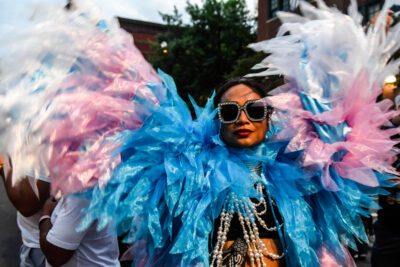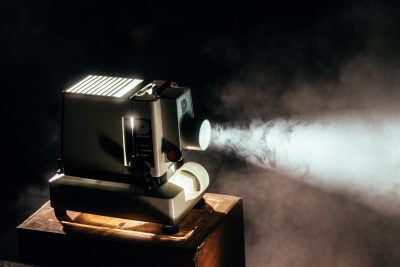Courtesy www.fractracker.org
Sen. Schumer speaks out in opposition to the North Brooklyn Pipeline
Community leaders oppose a pipeline that is 80 percent complete and would carry fracked gas under Black and brown neighborhoods
Senator Chuck Schumer joined demonstrators in Greenpoint on Friday to protest against National Grid’s proposal to expand a pipeline carrying fracked gas through North Brooklyn. The pipeline has been under construction since 2017, though it was halted in 2019 after activists with the nonprofit Sane Energy mobilized. (The group’s organizers had only just learned about it through public filings; four out of the pipeline’s five sections were already complete.)
National Grid’s pipeline now extends beneath Brownsville, Bed-Stuy, and Bushwick. The company has proposed a rate hike for the nearly 2 million customers they serve in Staten Island, Brooklyn, and Queens to cover the cost of construction that, if completed, would stretch to their facility in Greenpoint.
“The facts are clear. This pipeline will undermine New York’s climate goals while pumping carbon-based fuel through communities that already face high pollution,” Schumer said at the rally.
The city passed the Climate Leadership and Community Protection Act in 2019 and Schumer argued that National Grid’s proposal violated the standards outlined in the bill. “How could they pass a law and then let them undo the law?” he asked. “What good is a law if we let people go ahead and ignore it, debase it, and get around it?”
In response to National Grid’s proposal, over 250 activists started a rate strike in June by withholding $66 of their gas bill from National Grid which is the amount that organizers say their bills would increase under the proposal. The Public Service Commission will vote on National Grid’s rate hike proposal on August 12, and activists held a second rally outside of Borough Hall on Saturday to highlight this specific part of the proposal.
“National Grid shares Senator Schumer’s commitment to transitioning to a sustainable energy future, which we all know will not happen overnight. In the meantime, we have an obligation to provide energy to our two million downstate customers until there is a viable, affordable alternative for heating,” a National Grid spokesperson said. “The Metropolitan Reliability project, 80 percent of which has already been completed and serving customers, improves the reliability of the service that we provide while the technology required to deliver renewable energy at scale becomes more readily available and affordable.”
The No North Brooklyn Pipeline Coalition, a local environmental group that has lead the charge against the pipeline since late 2019, demanded at the rally that the gas be shut off in the first four sections of the pipeline, and that the fifth leg never gets built, “and that we don’t pay a single cent for any new fracked gas projects.”
Lee Ziesche, the community engagement coordinator at Sane Energy who was the first to sound the alarm about the pipeline’s construction in 2019, told the BK Reader that, “Long term, the community wants to see the Greenpoint LNG facility retired so people can finally start healing in that area.”
This facility is where the proposed final leg of the pipeline would terminate.
The activists are still putting pressure on other elected officials like Governor Andrew Cuomo and Mayor Bill de Blasio to do more to halt the project. Organizers are also focusing their attention on the Public Service Commission’s August 12 vote on the rate-hike proposal and the Department of Environmental Conservation, which they say has not conducted an adequate environmental review in compliance with the 2019 climate legislation.
New York State banned Fracking permanently in April, though National Grid had found a work-around by piping in fracked methane gas from Pennsylvania. Activists like Ziesche believe that this gas has potential for high levels of radioactivity and National Grid has not tested it for radon. Methane gas has 80 times the warming power of carbon dioxide over the first 20 years after it reaches the atmosphere, and is responsible for 25 percent of the Earth’s warming.
At the rally, Schumer emphasized the racial justice aspects of his opposition to the pipeline: “When they had to build a highway, when they had to build a pipeline, they didn’t go to the communities where there was power and wealth… they went through poor communities, communities of color,” he said. “That meant more asthma, more particulates in the lungs, it meant more poison in the air. That’s got to stop.”
The neighborhoods that the pipeline has been built under are predominantly Black and brown and have some of the highest rates of asthma hospitalizations in the city.
You might also like 


























